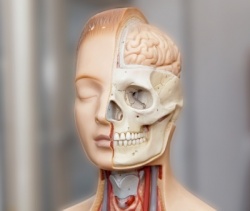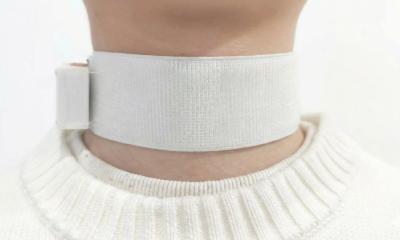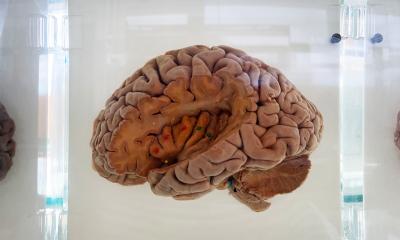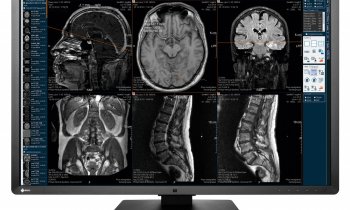Immunotherapy could aid stroke recovery
Trials for a new type of treatment for stroke that could help millions of people at risk of death or disability should commence in 2011. A research team in France has successfully completed laboratory tests of antibodies that protect the brain and reduce the side-effects of current therapy.

Stroke still confounds efforts to improve therapy and remains one of the top three causes of death and the major cause of disability in Europe and the USA. When someone has a stroke, the first hours are critical to administer treatment that will help prevent haemorrhage and brain damage. However, less than 10% of patients actually receive the drug, rtPA, to dissolve the clot that produces the stroke, meaning that more than three million patients in Europe alone each year do not receive immediate treatment.
The current preferred treatment, rtPA, is not without its problems as dissolving the clot can lead to haemorrhage and the death of brain cells. Taking an approach based on immunotherapy, Professor Denis Vivien and his team at Inserm U919, the University of Caen Basse-Normandie produced antibodies designed to prevent the adverse effects.
Speaking at the 7th FENS Forum of European Neuroscience in Amsterdam today (5 July 2010), Professor Vivien has been investigating the possibility of immunotherapy for stroke. “Our research on rodents has good chance of translating into clinical care,” he said.
The research in rats and mice demonstrated that a single intravenous injection of this antibody on its own or in conjunction with conventional rtPA significantly protects the brain by reducing the risk of brain damage and haemorrhage. It is effective even after several hours thus potentially increasing the ‘therapeutic window’ for people who cannot get to hospital immediately. In the long term brain scans and other brain tests in the rodents that are comparable to the tests used in people who have had a stroke show that normal brain function may be preserved.
This phase of the research has had the financial support of the European Commission and Professor Vivien is now collaborating with two drug companies to commence clinical trials late in 2011. “We hope that this form of immunotherapy will significantly improve the outcome for more stroke patients. Our research so far provides evidence that targeting the brain with one shot of intravenous therapeutic antibodies, even after those first few critical hours, is possible and effective.”
Picture Credit: pixelio/Rolf van Melis
03.08.2010











